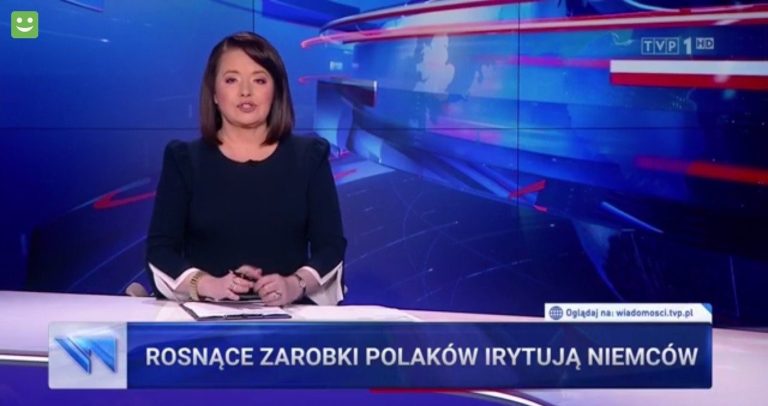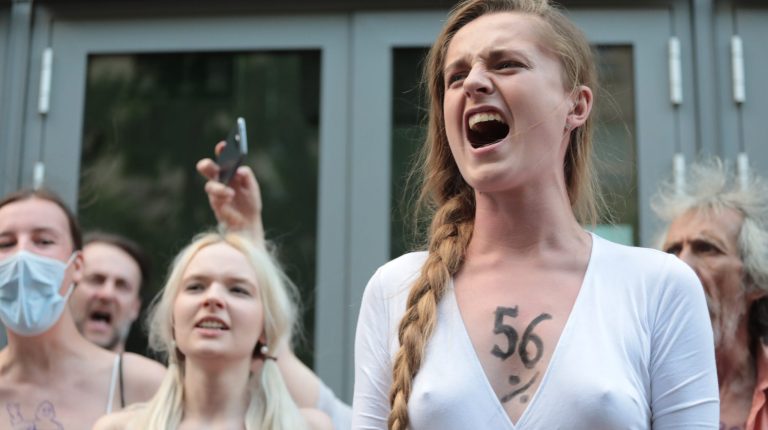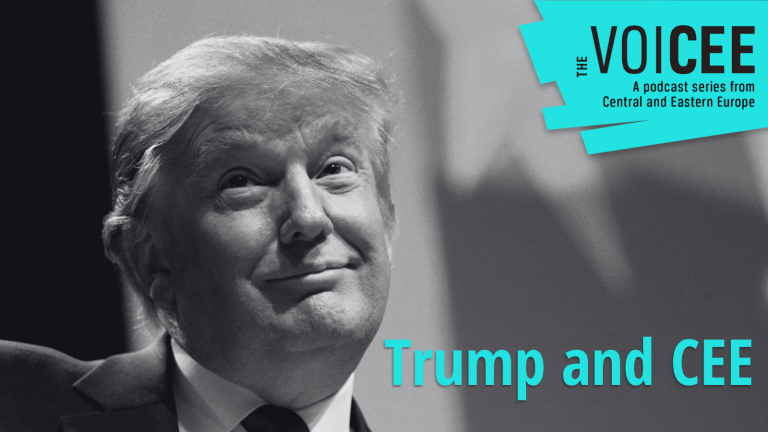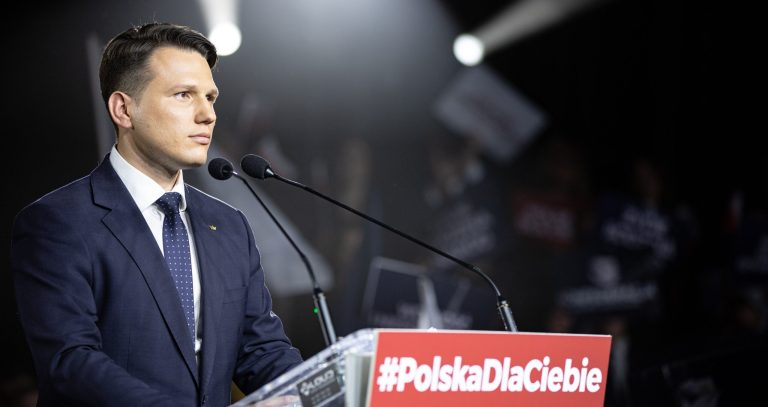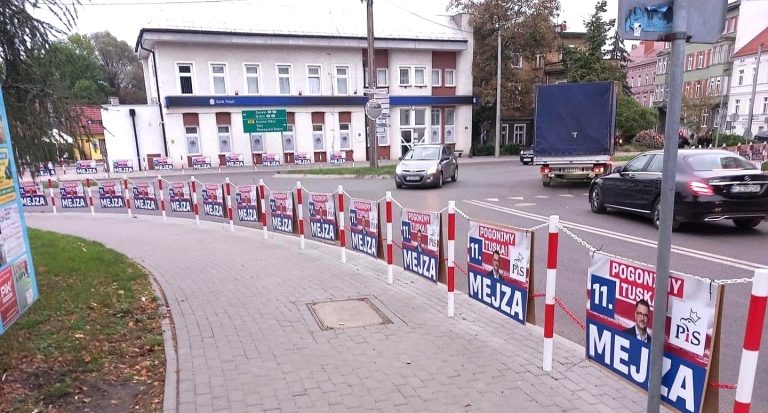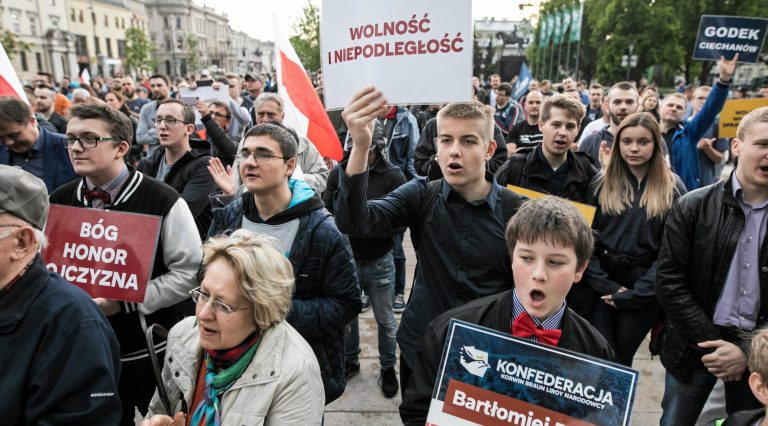Germany plans controls on Polish and Czech borders to curb migration
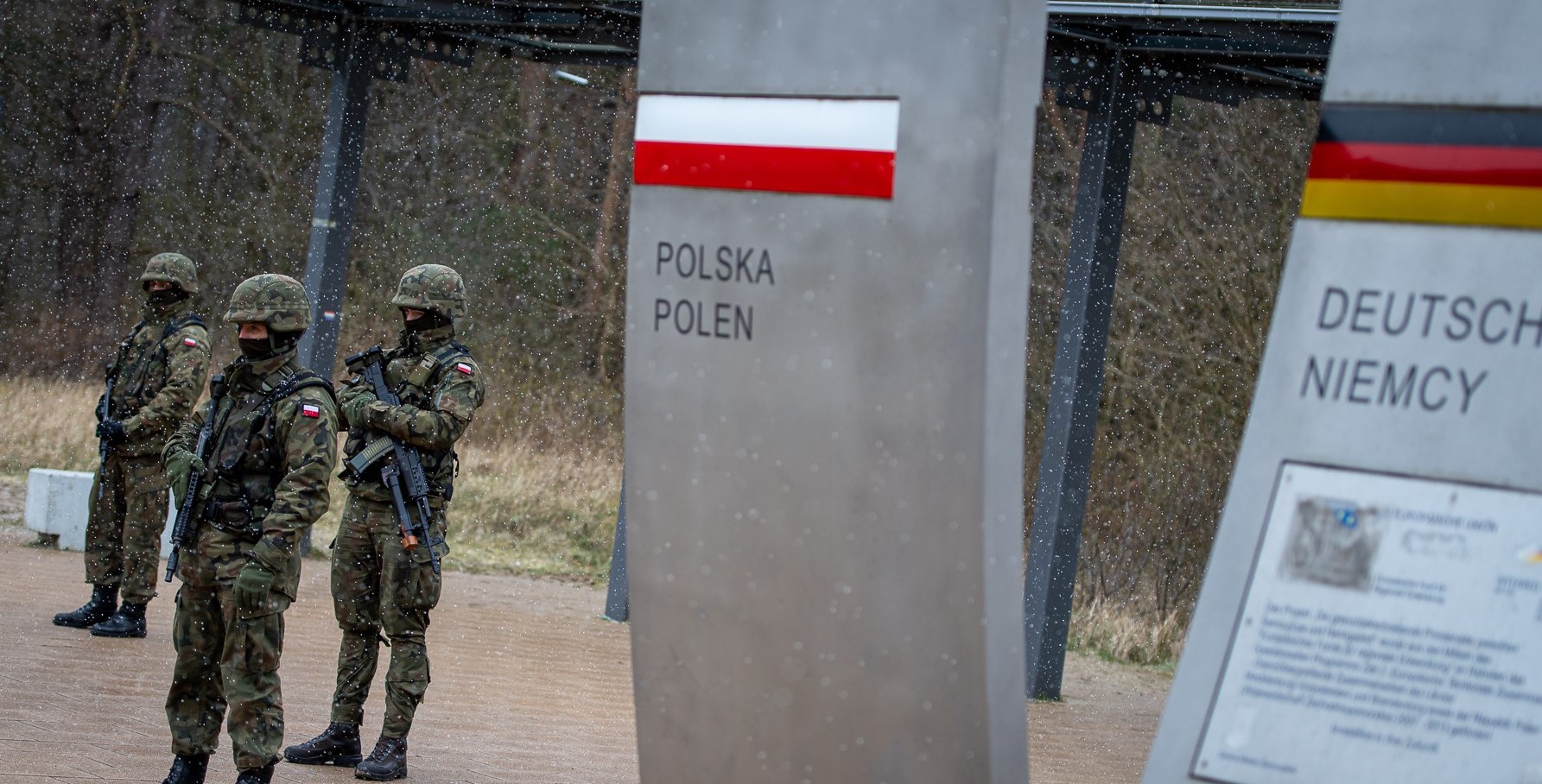
Germany’s interior minister has confirmed that she wants to establish controls on the borders with Poland and the Czech Republic to prevent the passage of migrants from outside the EU through those two countries into Germany.
As all three are part of the Schengen free-travel zone, there are currently no border checks. But under EU rules, border controls can be temporarily introduced by individual member states “as a last resort measure in exceptional situations”.
The German states of Brandenburg and Saxony, which border Poland and the Czech Republic, have been calling for a return of controls due to a surge of “irregular migrants” through those countries. But Berlin has so far resisted such a step, instead seeking to boost cooperation with Warsaw and Prague.
Two German states have called on the federal government to reintroduce border controls with Poland and the Czech Republic.
They say it is necessary to stem an „unabated increase in irregular migration” into Germany https://t.co/KuUXmsOzD9
— Notes from Poland 🇵🇱 (@notesfrompoland) May 9, 2023
However, in parliament on Wednesday, interior minister Nancy Faeser conceded that “to combat [people] smugglers, it can actually be right to carry out short-term stationary border controls”. On Friday, a ministry spokesman announced that “additional border measures are currently being examined”.
In an interview with Welt Am Sonntag published today, Faeser confirmed that “additional [border] controls” were being planned as part of measures to “combat [people] smuggling more aggressively”.
She also expressed hope that cooperation with Germany’s neighbours would allow German officers to operate on their territory as part of efforts to prevent unauthorised border crossings, as already happens with Switzerland. Discussions on this issue with the Czech Republic are already underway, said Faeser.
Innenministerin Faeser will kurzfristige Grenzkontrollen zu Polen und Tschechien einrichten https://t.co/p1wiWvJgK9
— WELT AM SONNTAG (@WELTAMSONNTAG) September 23, 2023
The interior minister’s remarks represent a shift from the joint position she announced with her Polish counterpart, Mariusz Kamiński, in May.
“There is currently no justification for reintroducing border controls” thanks to the “strong and effective measures” already in place “and the high level of cooperation and trust between our border services”, said the two at that time.
Instead, they agreed on other steps “to further strengthen cooperation in order to limit secondary irregular migration” by “strengthening joint patrols and joint inspections” as well as “increased exchange of information on investigative procedures and the reinforcement of staffing in joint offices”.
Poland and Germany have agreed to jointly strengthen security on their shared border to curb irregular migration.
However, they say that the reintroduction of border controls – as two German states recently requested – is not currently justified https://t.co/tvzt8NA417
— Notes from Poland 🇵🇱 (@notesfrompoland) May 31, 2023
Since mid-2021, a migration crisis on Poland’s border with Belarus has seen tens of thousands of migrants – mainly from the Middle East, Asia and Africa – attempt to enter the EU. Among those who cross, most head for western Europe, in particular Germany.
Poland has taken tough measures to stem the flow, including erecting physical and electronic barriers on the border. But attempted crossings have continued.
Data from Germany’s federal police published in June showed that, of 35,877 unauthorised entries into Germany recorded between January and the end of May, around one quarter came across the Polish border.
Last month, the Polish border guard revealed that Germany has this year requested the return of almost 3,400 foreign nationals to Poland because they first entered the EU across the Polish border.
🔵A surge in the number of illegal border crossings in Germany
🔵All indications are that Minsk [and Moscow are] deliberately escalating migration pressure…as part of the…policy of confrontation towards the West.
🔵OSW expert @KamilFrymark explains⤵️https://t.co/eaLWAC2Y1h
— OSW – Centre for Eastern Studies, Poland (@OSW_eng) July 4, 2023
That has led to growing calls in Germany, especially from the opposition Christian Democratic Union (CDU), for the reintroduction of border controls.
Brandenburg’s interior minister, Michael Stübgen of the CDU, welcomed Faeser’s latest announcement. “The establishment of stationary border controls is more urgent than ever, and the federal interior minister has my support,” he said, quoted by Welt.
However, he and a number of other CDU figures claimed that Faeser has failed to follow through on previous commitments, so they would therefore be pushing to ensure she does indeed implement border controls.
“Nancy Faeser now admits the mistake of preventing border controls from Poland and the Czech Republic for far too long,” said Jan Redmann, head of the CDU’s parliamentary group in Brandenburg. “But the error has not yet been corrected. Too often their announcements have not been followed by action.”
For more on the visa corruption scandal that has engulfed the Polish government, see our report from last Friday https://t.co/iHnIShb1pQ
— Notes from Poland 🇵🇱 (@notesfrompoland) September 19, 2023
Notes from Poland is run by a small editorial team and published by an independent, non-profit foundation that is funded through donations from our readers. We cannot do what we do without your support.
Main image credit: Combat Camera Poland/Flickr (under CC BY-NC 2.0)

Daniel Tilles is editor-in-chief of Notes from Poland. He has written on Polish affairs for a wide range of publications, including Foreign Policy, POLITICO Europe, EUobserver and Dziennik Gazeta Prawna.

